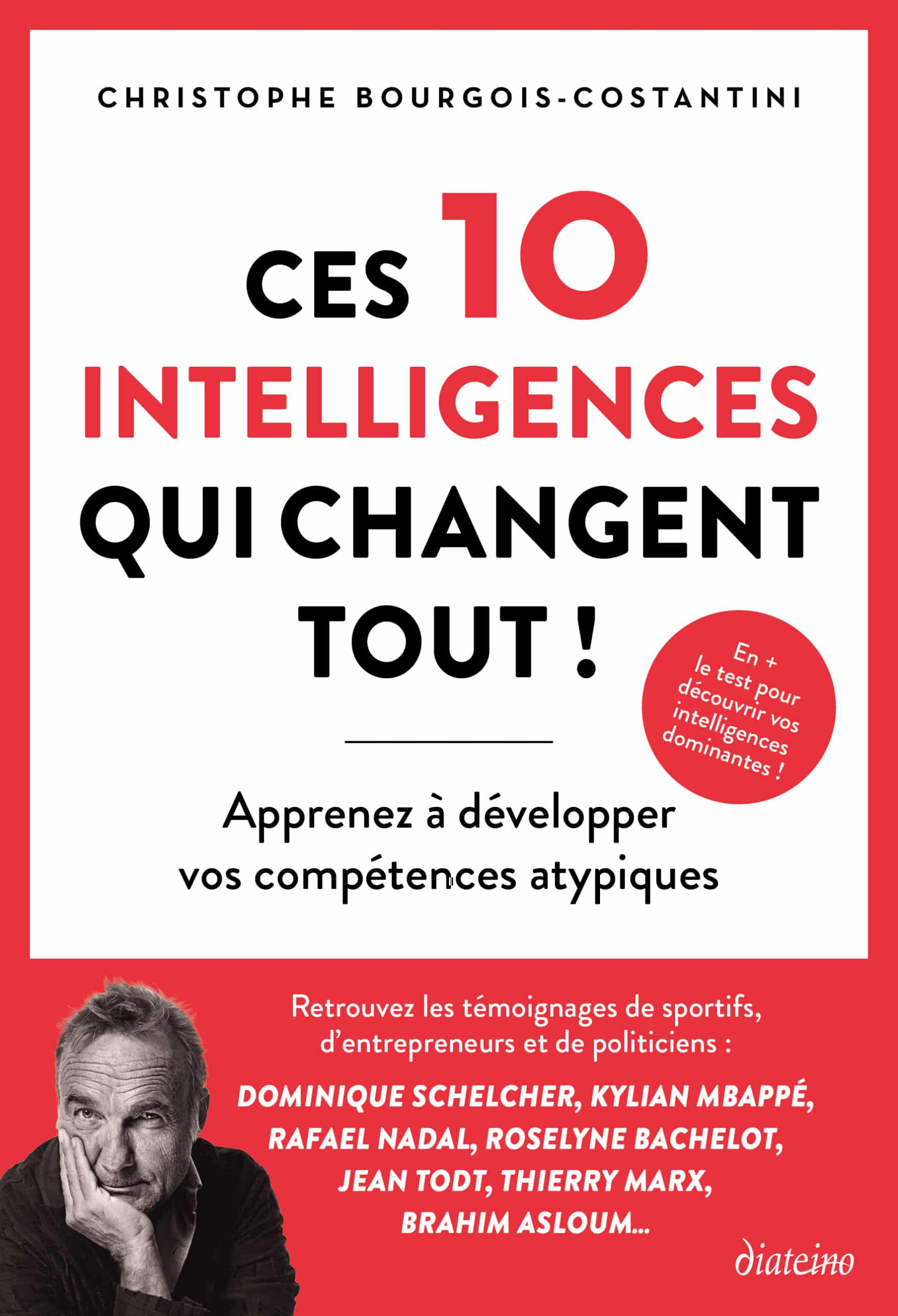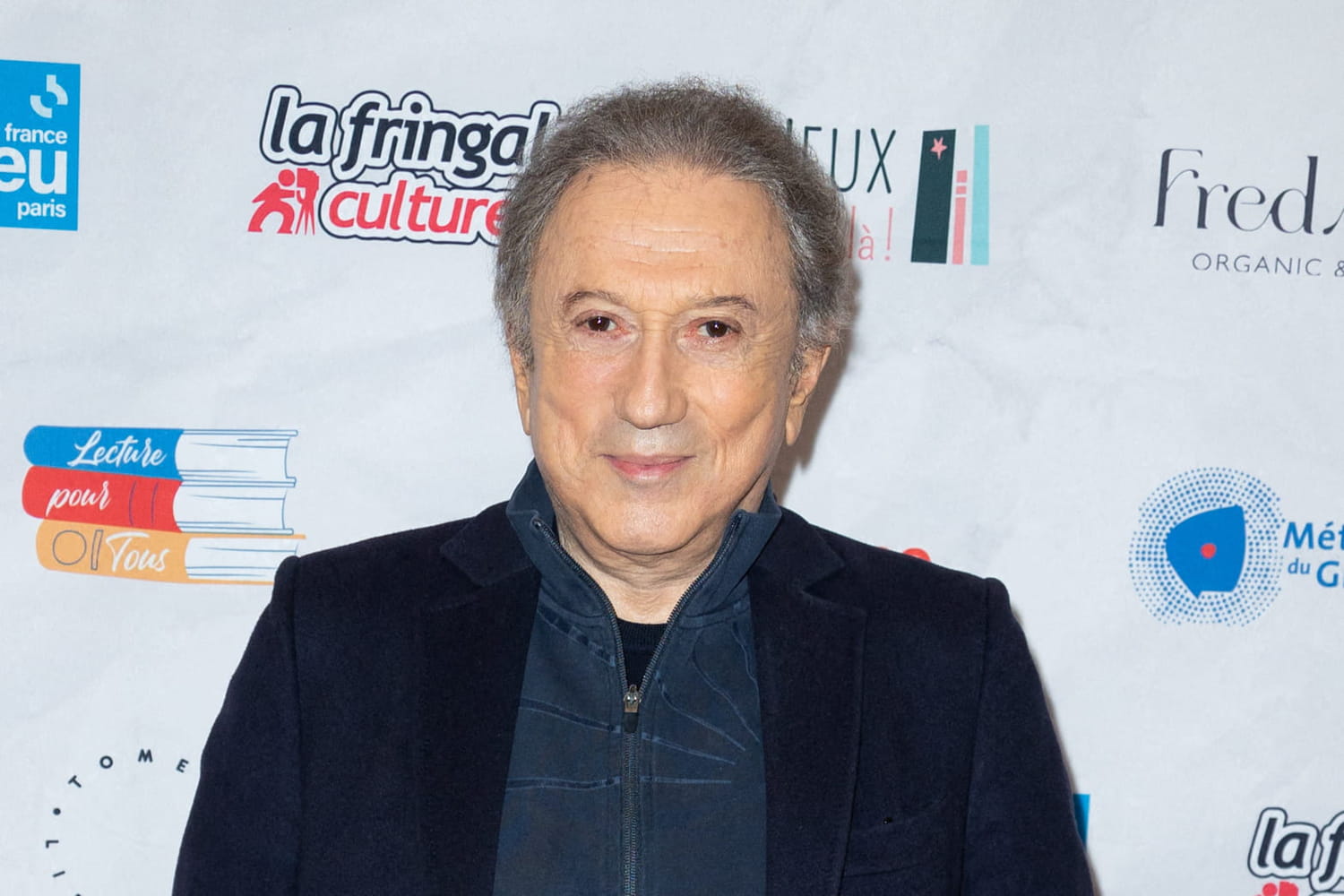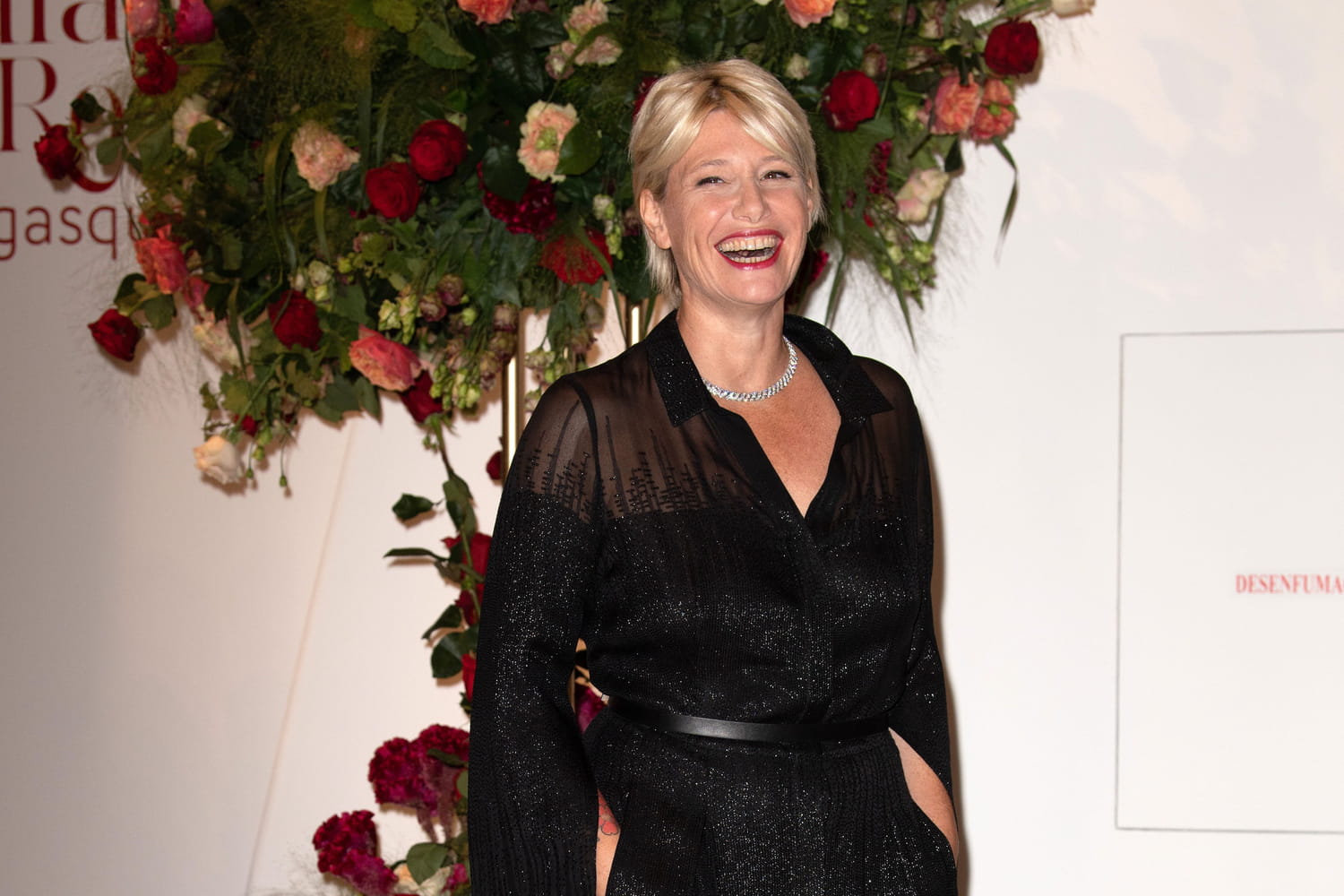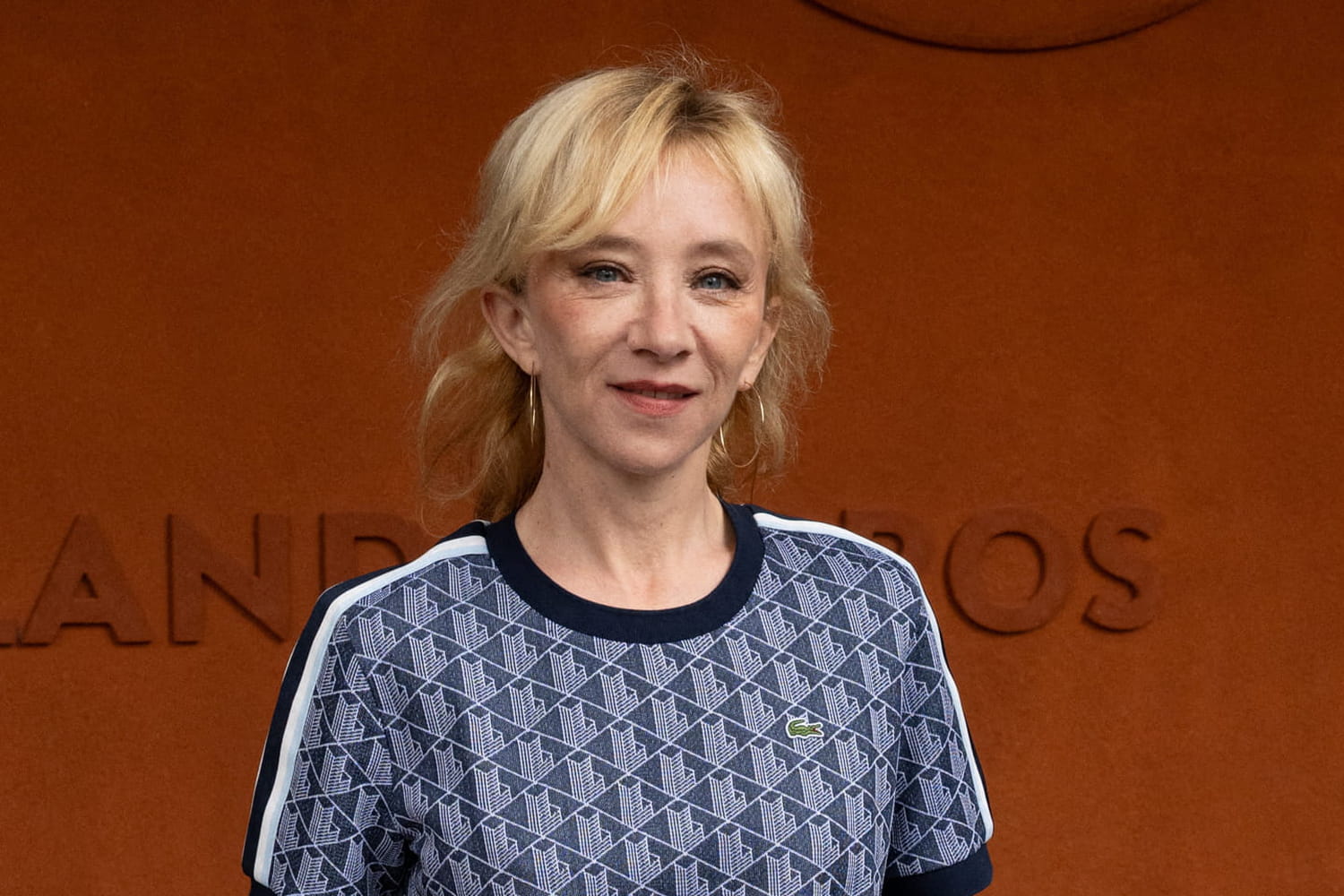What if your success did not depend only on your IQ? In These 10 intelligences that change everything! At Diateino editions, Christophe Bourgois-Costantini reveals how to develop his multiple intelligences-intuitive, relational, bodily or even emotional-can transform your personal and professional life.
As an agricultural engineer, you have been educated in a culture of rationality, figures that speak and necessarily tell the truth, a form of Cartesian, Western form of Cartesian intelligence. When did you experience the limits?
Christophe Bourgois-Costantini: During an internship with a peasant. One evening, in the middle of cards, he told me that he had to interrupt to sow. I offered to wait until the next day. His answer was disarming: ” No, it’s the full ascending moon. If I sow now, I will have 15 % more yield ».
This sentence opened a breach in my spirit of a rational engineer. She showed me that other forms of knowledge, empirical, intuitive, can be just as effective, even more relevant than equations and spreadsheets.
You speak of 10 forms of intelligence, some already mentioned by Gardner in the 1970s. Relational, spatial intelligence, nature, intuition, etc … which are not valued enough. What do you attribute it to?
Christophe Bourgois-Costantini: Because our society remains a prisoner of the worship of IQ, figures and measurable performance. School, parents, businesses, everything is built around what is easy. The qualitative – intuition, creativity, rhythm, nature – escapes this logic. And what is not measured is often relegated to the background.
These forms of intelligence are inherent in us, but we do not exploit them enough. How to awaken and develop them?
Christophe Bourgois-Costantini: A good start is to plunge back into what animated children: games, passions, activities that gave us real well-being. We often find the trace of our dominant intelligences. We can also go through concrete tools, such as the test that I offer in the book, which allows you to reconnect to yourself. The main thing is to agree to get out of the only prism of the mind to make room for other forms of knowledge.
You interview leaders like Dominique Schelcher. Is a leader ultimately someone who manages to use and master these different forms of intelligence?
Christophe Bourgois-Costantini: Exactly. Everyone I have interviewed – whether managers like Dominique Schelcher, sportsmen like Nadal or Mbappé, or entrepreneurs like François Pinault – have developed at least 4 or 5 intelligences. And above all, they have often built their success by relying on a pivotal intelligence far from their starting field. It is this creative shift that is their strength.
The important thing is ultimately the combination of these different intelligence. How to get there without the mind and the rational getting over it?
Christophe Bourgois-Costantini: By aligning our three brains: the mind, the limbic (emotional) and the instinctive. At each decision, they must be listened to together. It may seem abstract, but in reality, it is very concrete and accessible to everyone.
Some of these intelligences – such as that of the body, rhythm or time – are often ignored in the professional world. Which one seems the most important to you today in business?
Christophe Bourgois-Costantini: That of rhythm and sound. Knowing how to really listen, find the right tempo, be on the same wavelength as the others. It is fundamental for cooperation, creativity and leadership.
You write that ” The company can make it intelligent ». How does this result in concrete terms in an environment still dominated by performance indicators?

Christophe Bourgois-Costantini: By valuing the “bottom-up”, recognizing that talents do not only come from the grandes écoles. Qualitative intelligence – the famous Mad Skills – is just as crucial as academic skills. I built my career by combining very Cartesian profiles and more intuitive, more creative. This complementarity opens up perspectives that neither could explore alone.
You defend the “culture of and” and Mad Skills. What is it concretely and why are they sought in companies, especially in the US? In France are we not yet far from the account?
Christophe Bourgois-Costantini: The culture of “and” is to refuse to be locked in a single box. I can be a leadership coach And writer And saxophonist.
When I was an entrepreneur, I used to play saxophone next to my home. I was putting a small plate that gave me something to pay Sunday lunch. One day, a guy states me: it was one of my customers. In the end, he comes to see me and he said to me: ” Is it going so badly in your company? ». This notion of being focused on a single activity is false as my work has shown me with rafa or Thierry Marx for example.
In the United States, this approach is valued. In France, we still remain under the yoke of Descartes, which pushes us to be only one thing. However, the greatest leaders I met embody this multiplicity.
The school and our society mainly value Qi. How to develop this model and help the youngest to explore other forms of intelligence?
Christophe Bourgois-Costantini: By giving them permission to be ” black sheep », To experiment. By encouraging them to listen to their singularity rather than comply with a mold.
In absolute terms, 50% of my customers (especially women, more courageous to question themselves) changes work for the best, for what they are really done in life. When we dare, we discover what we are really done for. Success is not “to succeed in life”, but to succeed its life.
You accompany athletes, leaders, artists. What do they have in common in their way of expressing their intelligences?
Christophe Bourgois-Costantini: An insatiable curiosity, towards themselves and towards others. This curiosity is an inexhaustible engine, a red wire in all the champions that I have accompanied. No, it’s not a bad defect!
Finally, for those who want, as you say, “repel the elephant” and reconnect to their essence: where to start?
Christophe Bourgois-Costantini: By a simple exercise: to remember what, as a child, put us in joy. These signals are powerful benchmarks. Otherwise, intelligent coaching can help transform this rediscovery into a life path.









